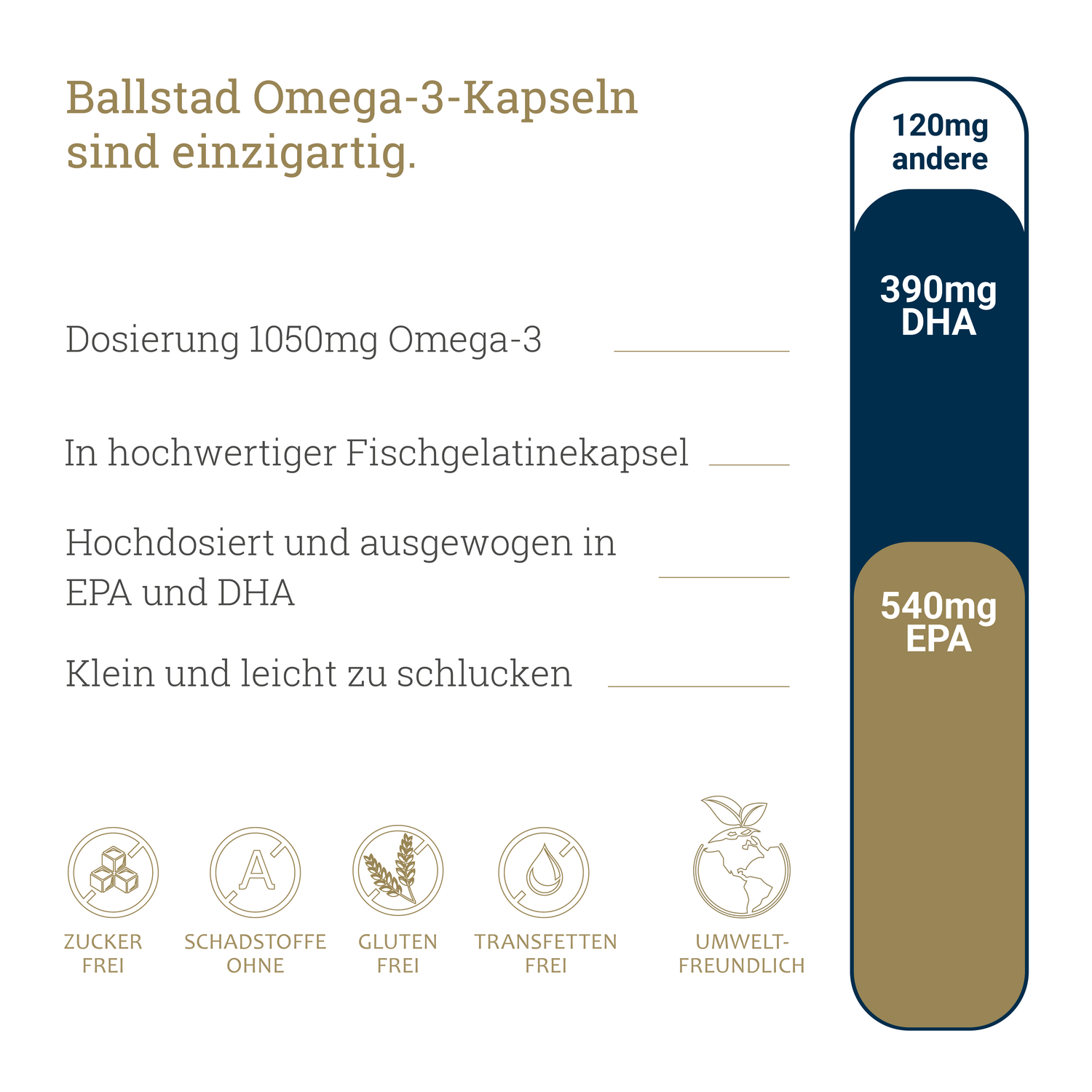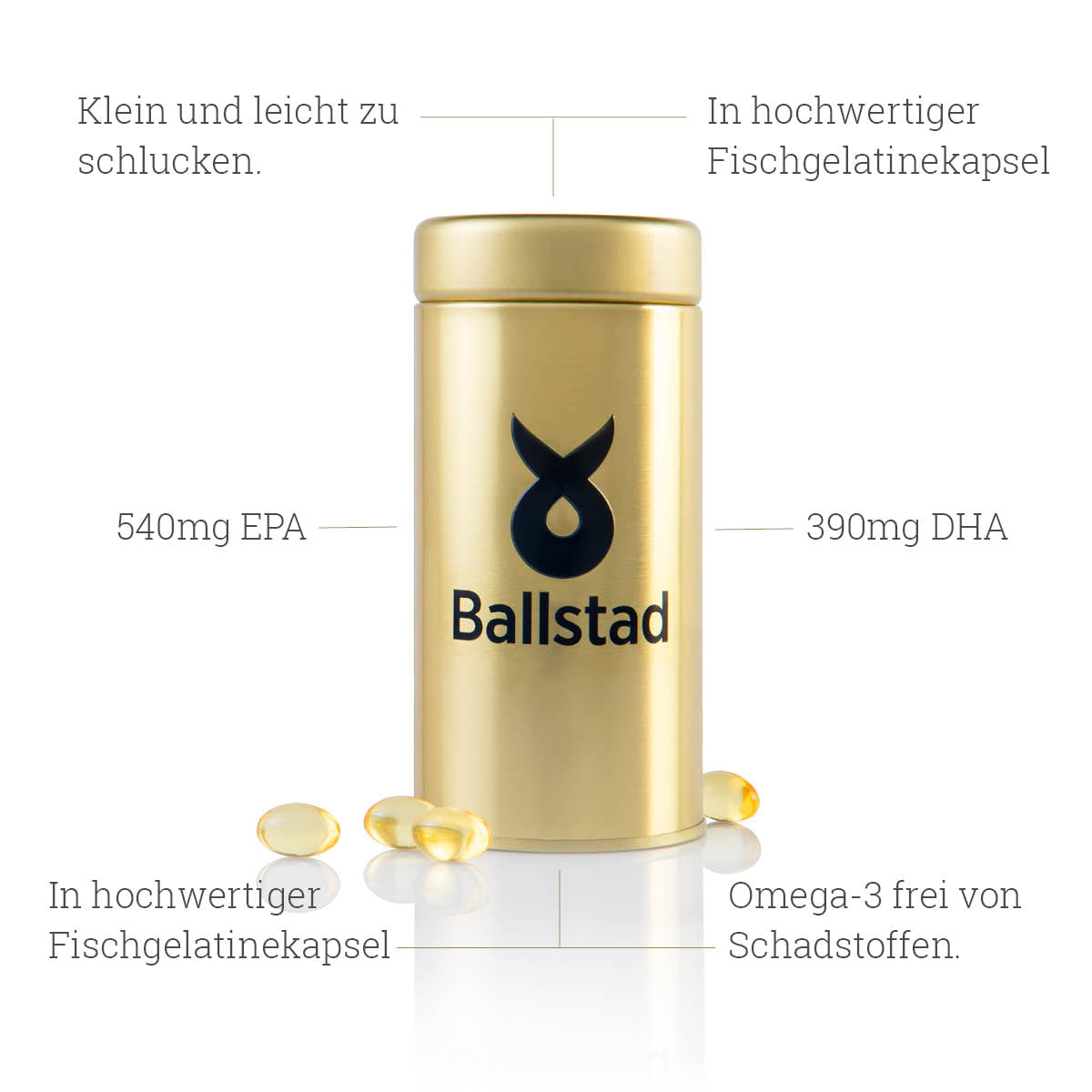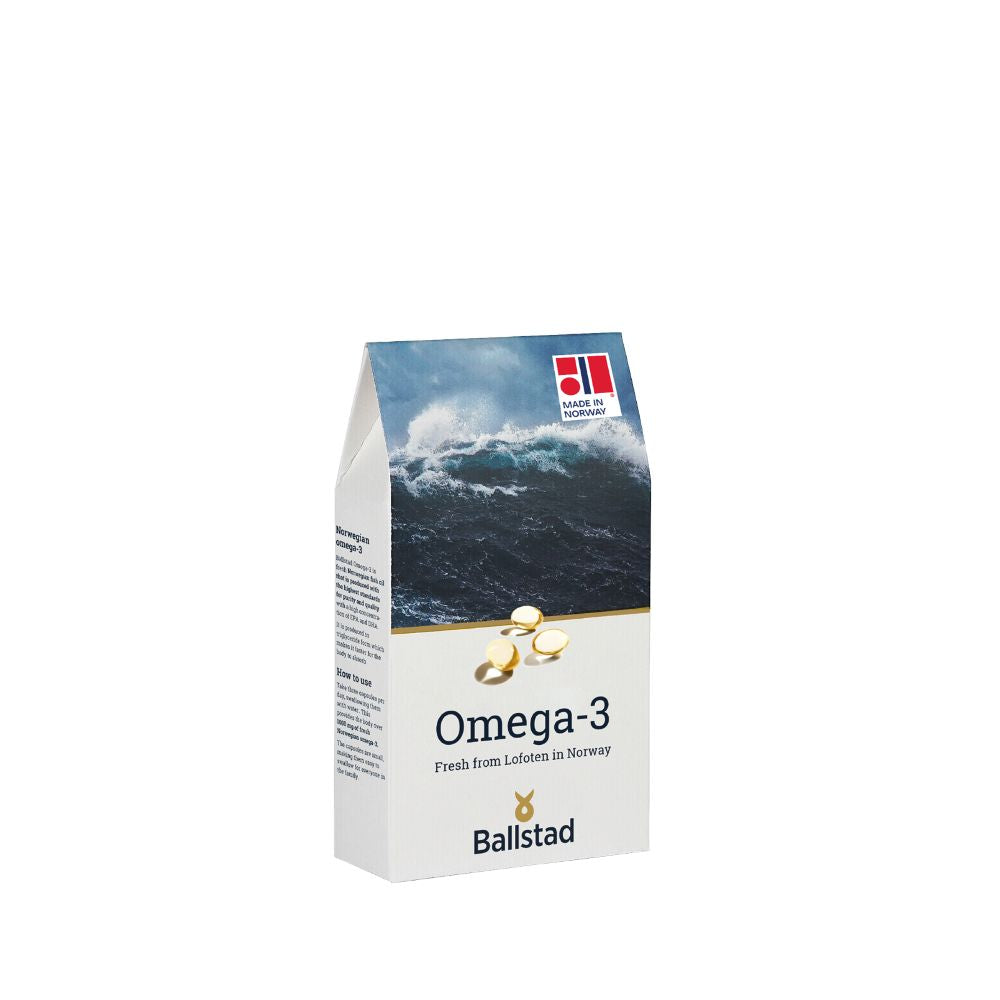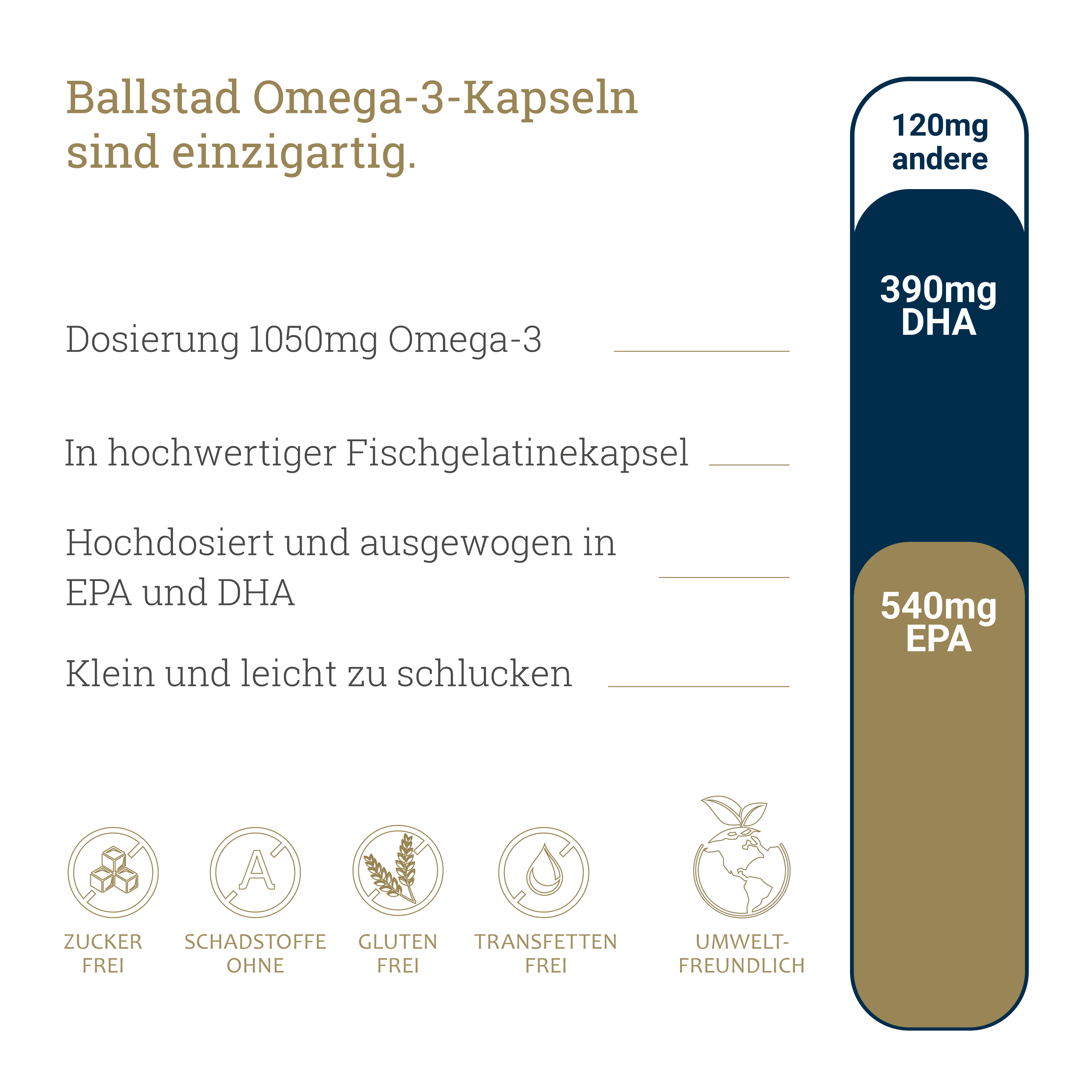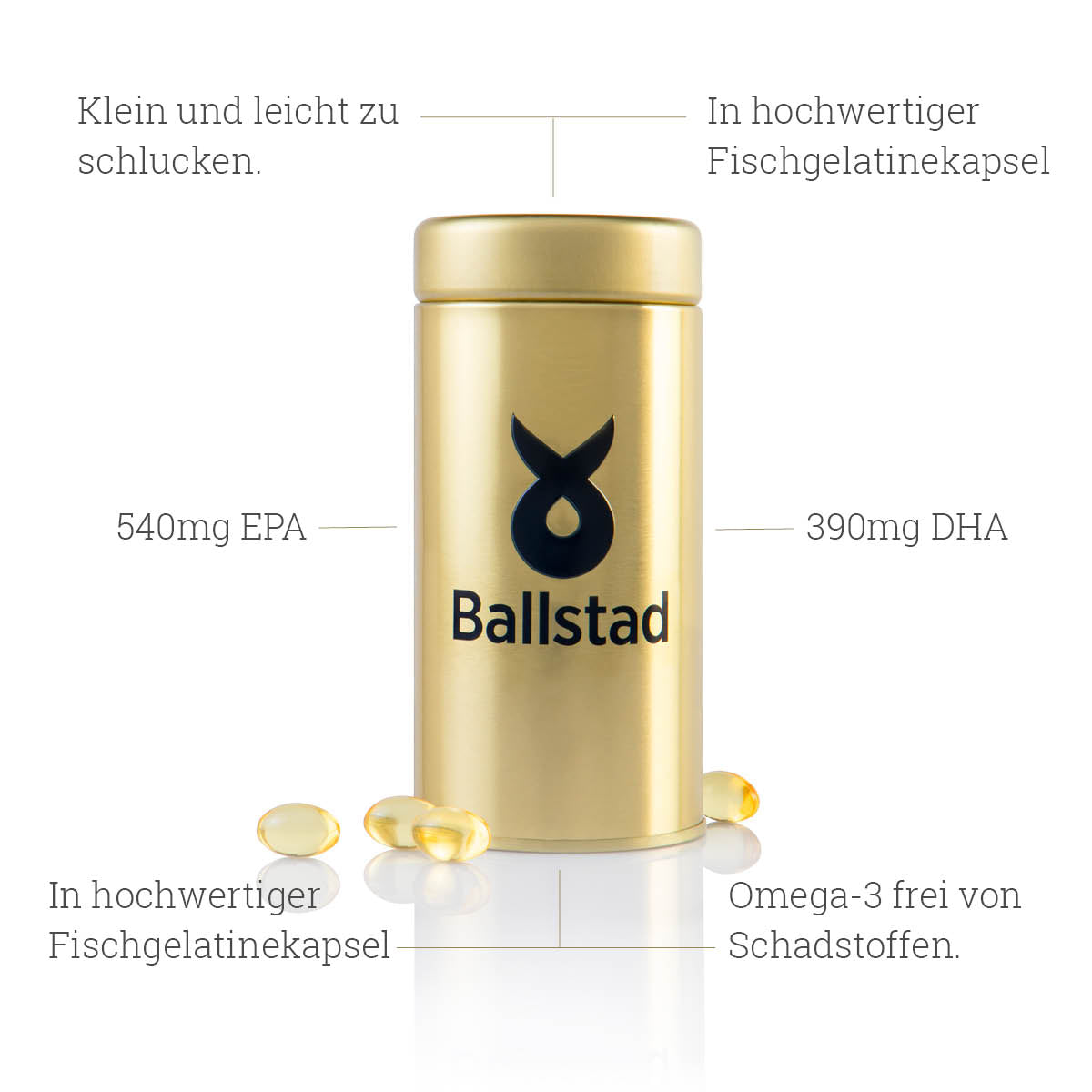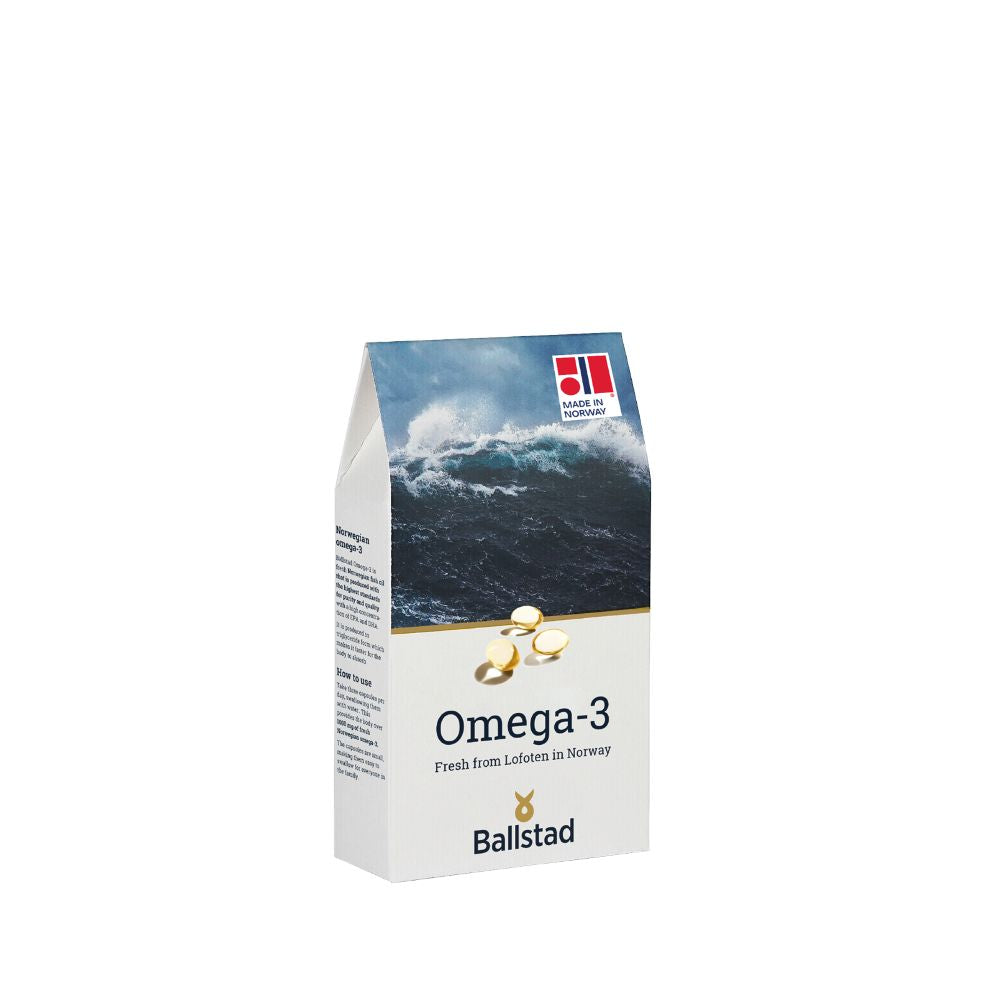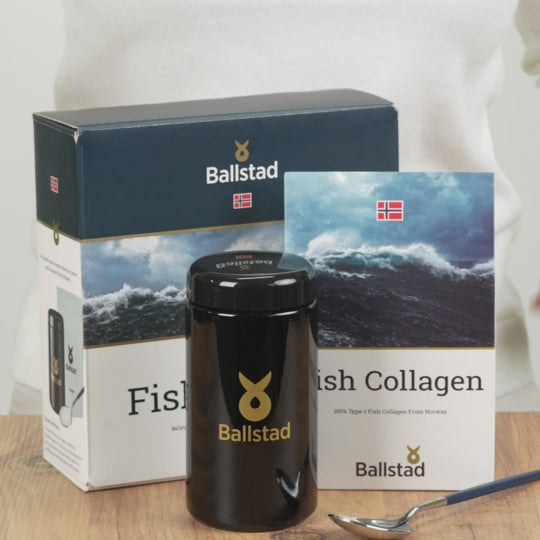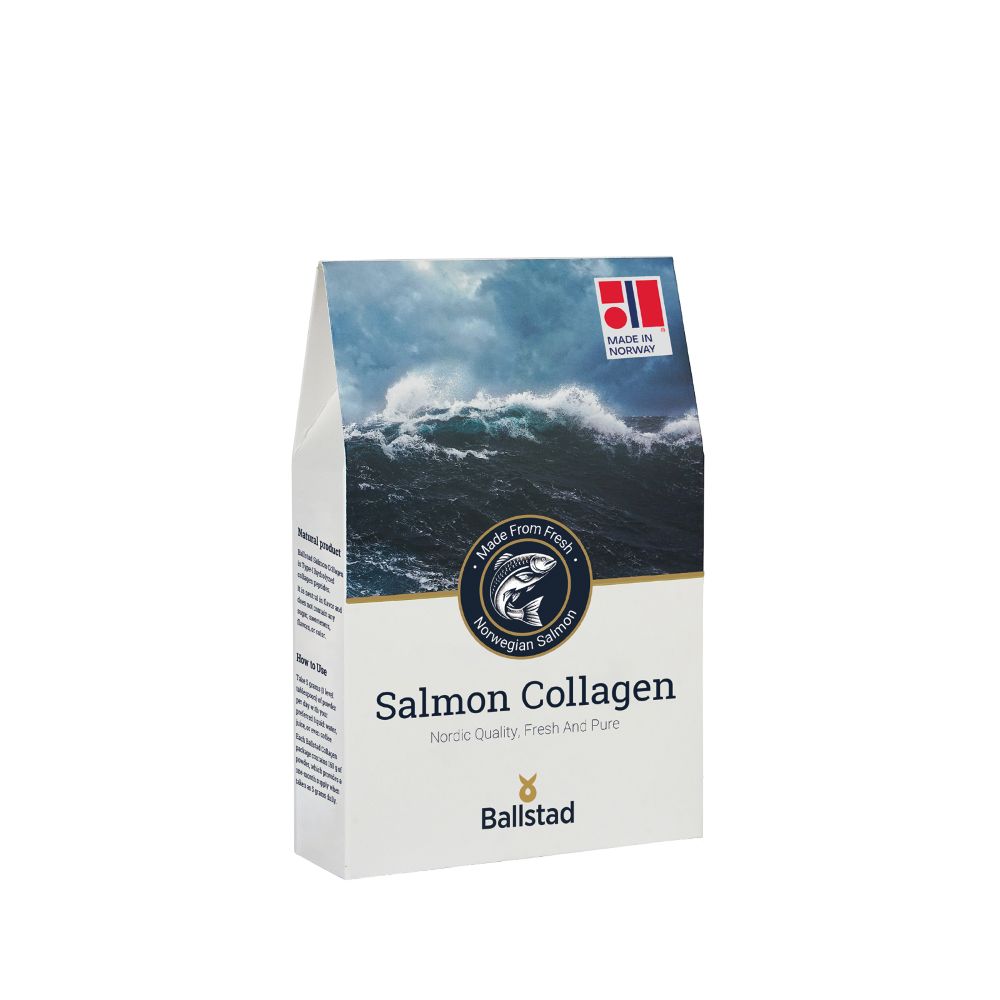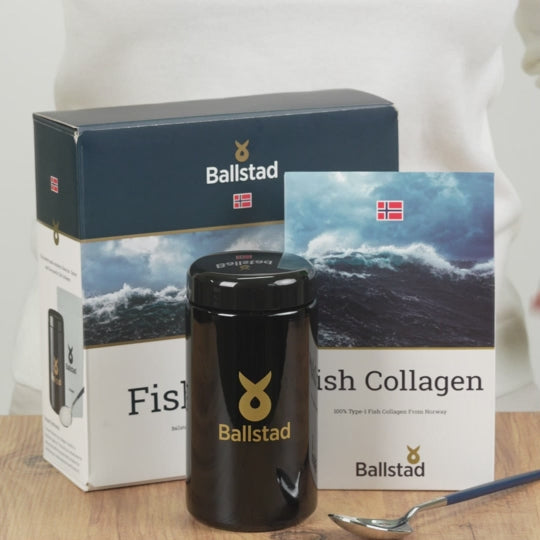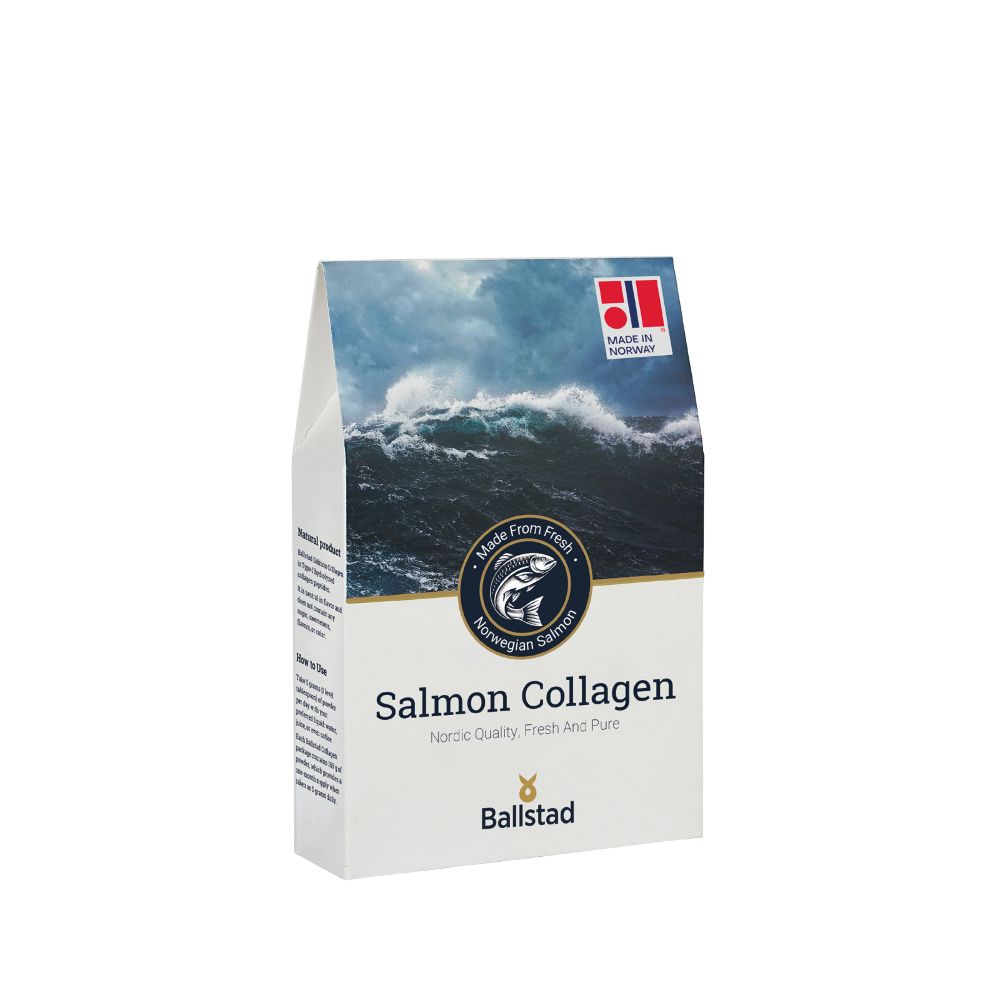Source: OmegaQuant
Why vitamin D is more than a bone vitamin
Vitamin D has been known for decades as an important factor in bone health. However, in recent years, new research has shown that this fat-soluble vitamin may also play a role in numerous other processes in the body—including immune function, cardiovascular system, and even metabolic processes.
Vitamin D acts like a hormone in the body: It supports the absorption and utilization of calcium and phosphorus. Although it is produced in the skin when exposed to sunlight, this natural production is often insufficient, depending on the season, skin type, and location. Therefore, supplementation may be beneficial for many people.
Foods such as eggs, fatty fish, and dairy products contain vitamin D, but not always in sufficient quantities. Therefore, a dietary supplement is a suitable option for many.
The role of omega-3 fatty acids: EPA and DHA
Omega-3 fatty acids—especially EPA (eicosapentaenoic acid) and DHA (docosahexaenoic acid)—are found predominantly in fish, krill, and seafood. They are a component of every cell membrane and contribute to maintaining cell structure.
These polyunsaturated fatty acids have been extensively studied scientifically and are often linked to the normal function of the heart, eyes, and brain. Studies demonstrate their importance for a balanced diet.
Despite these findings, many people do not consume sufficient omega-3 fatty acids. The trend toward low-fish diets or one-sided diets may play a role here. In consumer surveys, many people express a desire to include more omega-3 in their diets—at the same time, they often lack knowledge about their properties and sources.
Double popularity: Popular micronutrients with supply deficit
According to consumer surveys in the USA, vitamin D and omega-3 fatty acids are among the most popular dietary supplements – ahead of other substances such as probiotics, fiber or melatonin.
However, the Consumer Research Network (CRN) emphasizes that a large portion of the population is still inadequately supplied with vitamin D or omega-3. These micronutrients have therefore been classified as "publicly relevant nutrients" in official dietary recommendations.
The Harvard School of Public Health points out that the actual daily requirement for vitamin D may even be higher than the general recommendations, depending on the individual situation.
Strong together: What studies say about the combination
Numerous studies examine the individual effects of vitamin D and omega-3, but recent research suggests that they should also be considered in combination.
One of the best-known studies in this field is the VITAL study from the USA, which examines the impact of 2,000 IU of vitamin D3 and 1 gram of omega-3 daily on health. It examines possible associations with chronic diseases such as cardiovascular disease, cancer, or mood swings in old age.
The results of this long-term observation will provide more information in the future on whether joint supplementation can bring particular benefits.






